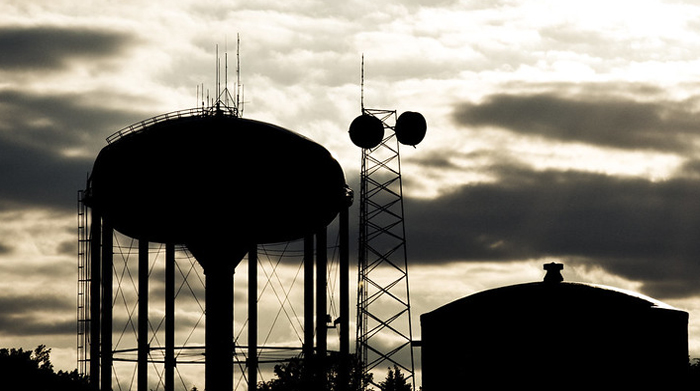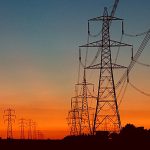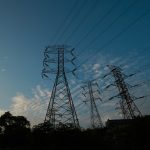4 Cities at Risk of a Major Water Disaster

Image courtesy of ep_jhu under Attribution-NonCommercial-NoDerivs 2.0 Generic License, resized to 700 x 391 pixels.
A recent CNN article revealed a list of cities that could experience a catastrophic water disaster during extreme weather events. We all know the U.S. water grid is crumbling, and that climate change is supercharging weather events, but some cities may be more at risk than others. Let’s take a look.
Cities that May be 1 Mega Storm Away from a Massive Water Disaster
The 2021 infrastructure legislation will provide approximately $30 billion, and the 2022 Inflation Reduction Act will provide about $550 million, to improve U.S. water infrastructure. Unfortunately, even that massive amount of money may not be enough.
CNN assessed a handful cities across the country to get a better handle on this issue. Here is a summary of CNN’s fundings:
- Buffalo, NY: Buffalo is known for its lake-effect snowstorms, and that is a big reason why it landed on CNN’s radar. In 2022, a single storm dropped 50 inches of snow on the city, bringing all activity there to a screeching halt. The city is also prone to flooding by virtue of its proximity to Lake Erie.
- Prichard, AL: This city is at risk of severe weather due to its proximity to the Gulf Coast. But perhaps even more alarming is the state of its water infrastructure – as a low-income city, it doesn’t get its fair share of infrastructure investment. And its pipes are porous – according to the Alabama Dept. of Environmental Management, from April 2021 to Nov. 2022, it leaked 56% of the water coming in from reservoirs!
- St. Louis, MO: The water infrastructure here incorporates a lot of lead pipes, so there is an inherent level of potential toxicity. Aside from that, the city has seen a spike in severe storms and flooding in recent years.
- Central Coast, CA: Rising sea levels have resulted in saltwater leeching into the infrastructure, causing corrosion and making the water undrinkable in some cases. The area is also littered with farms that have been spreading toxic fertilizers for decades, further exasperating the leeching issue.
The bottom line is that no one is immune to a potential water disaster, but some places are more vulnerable than others.



